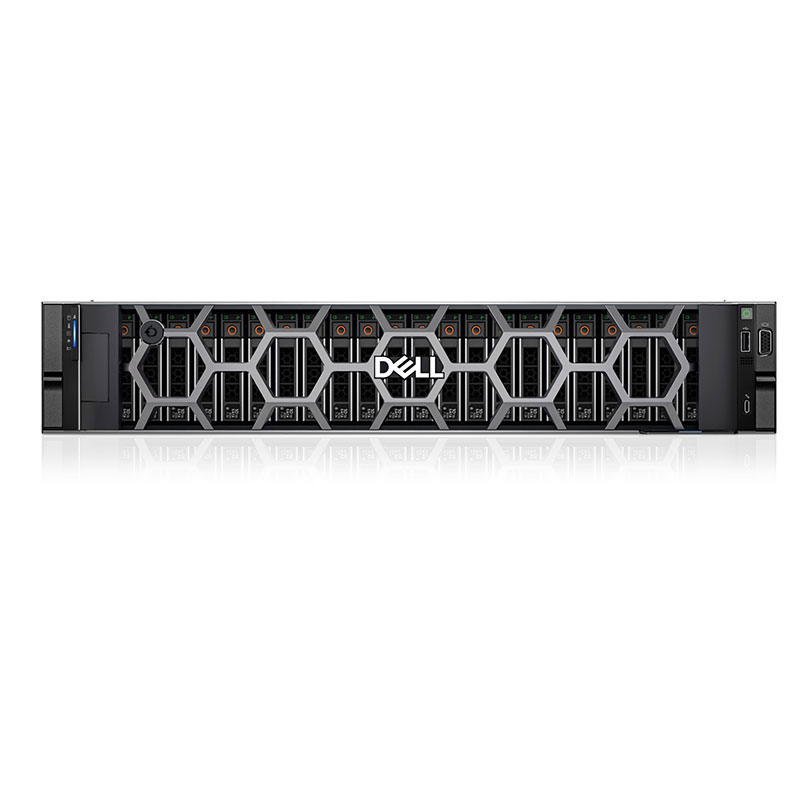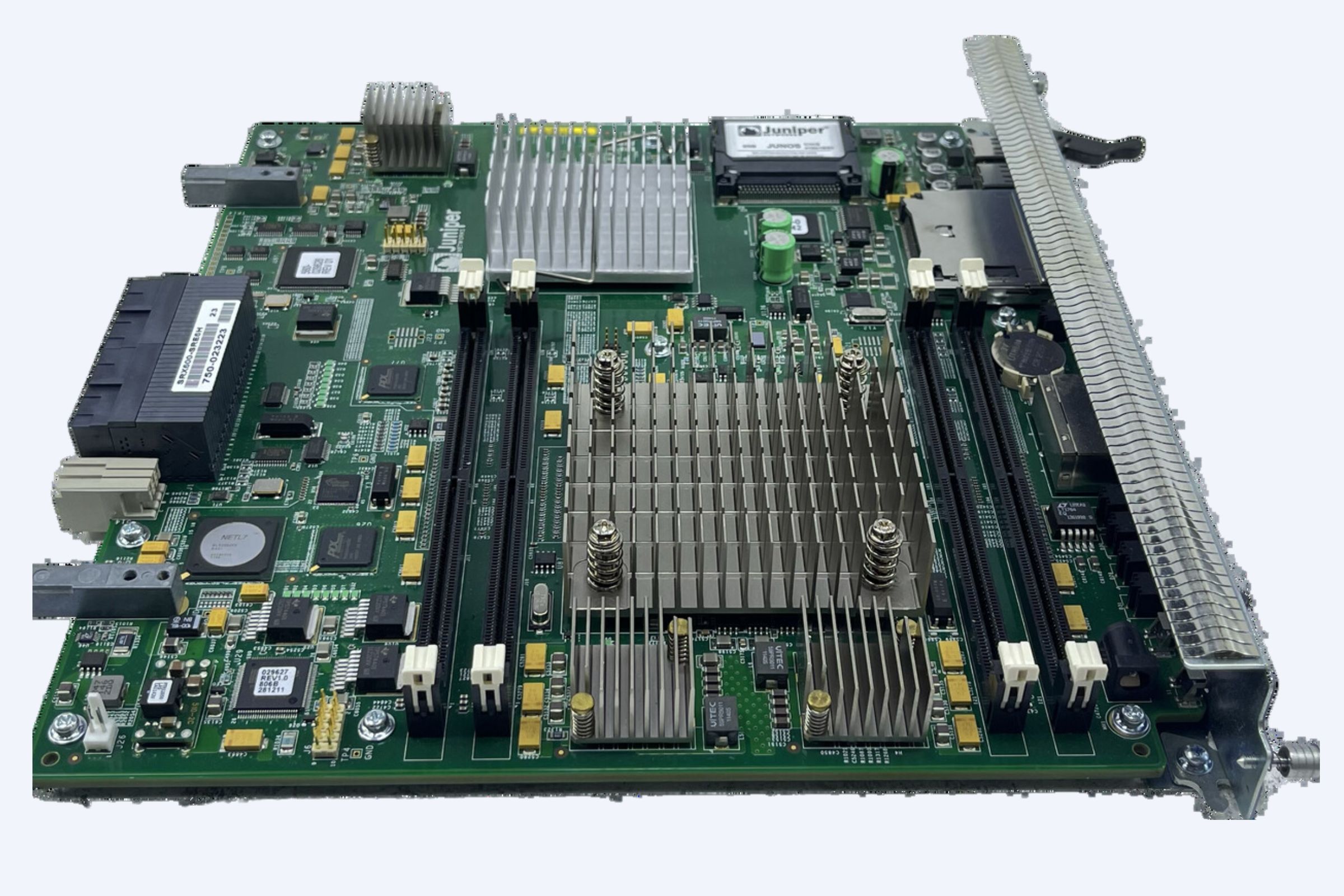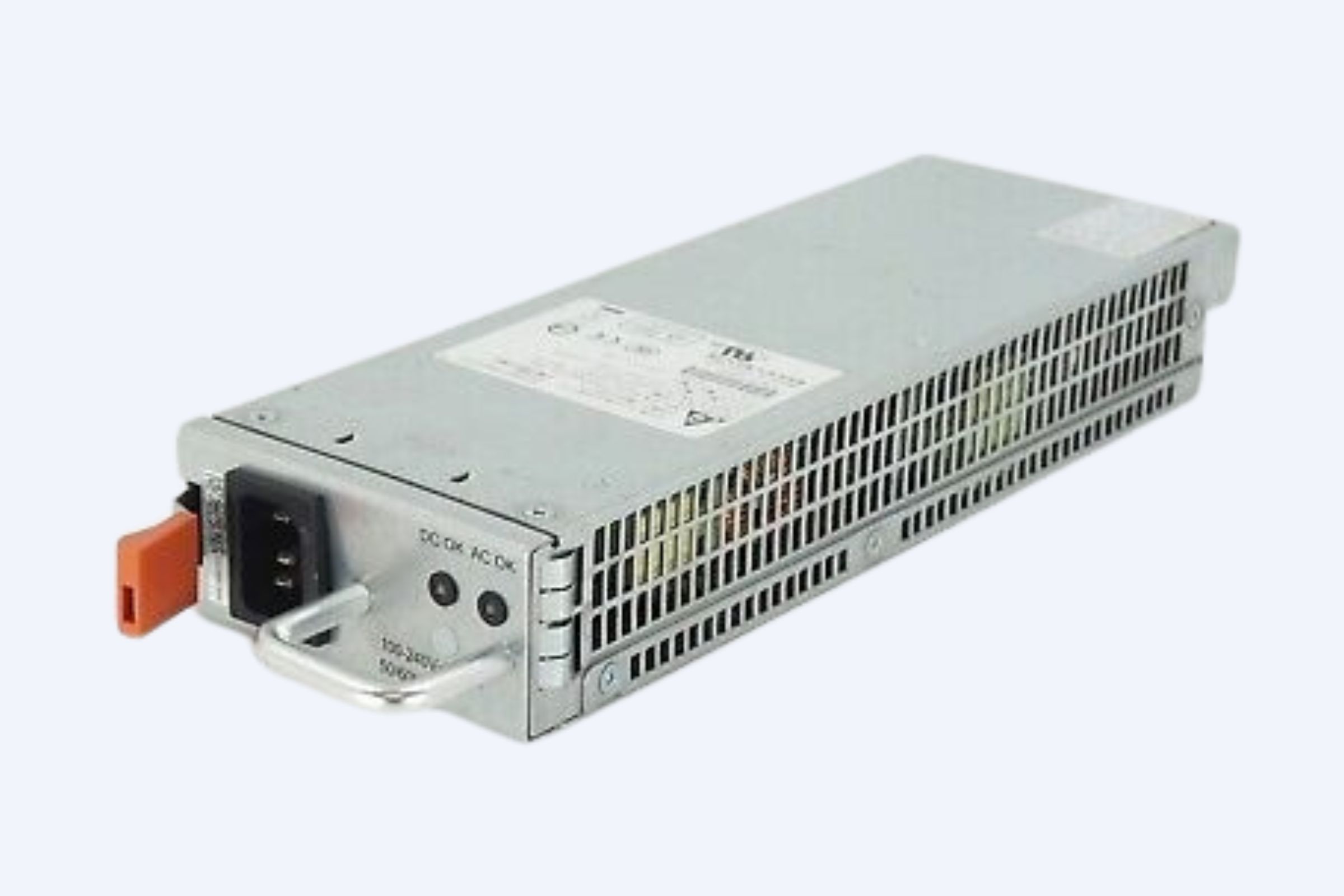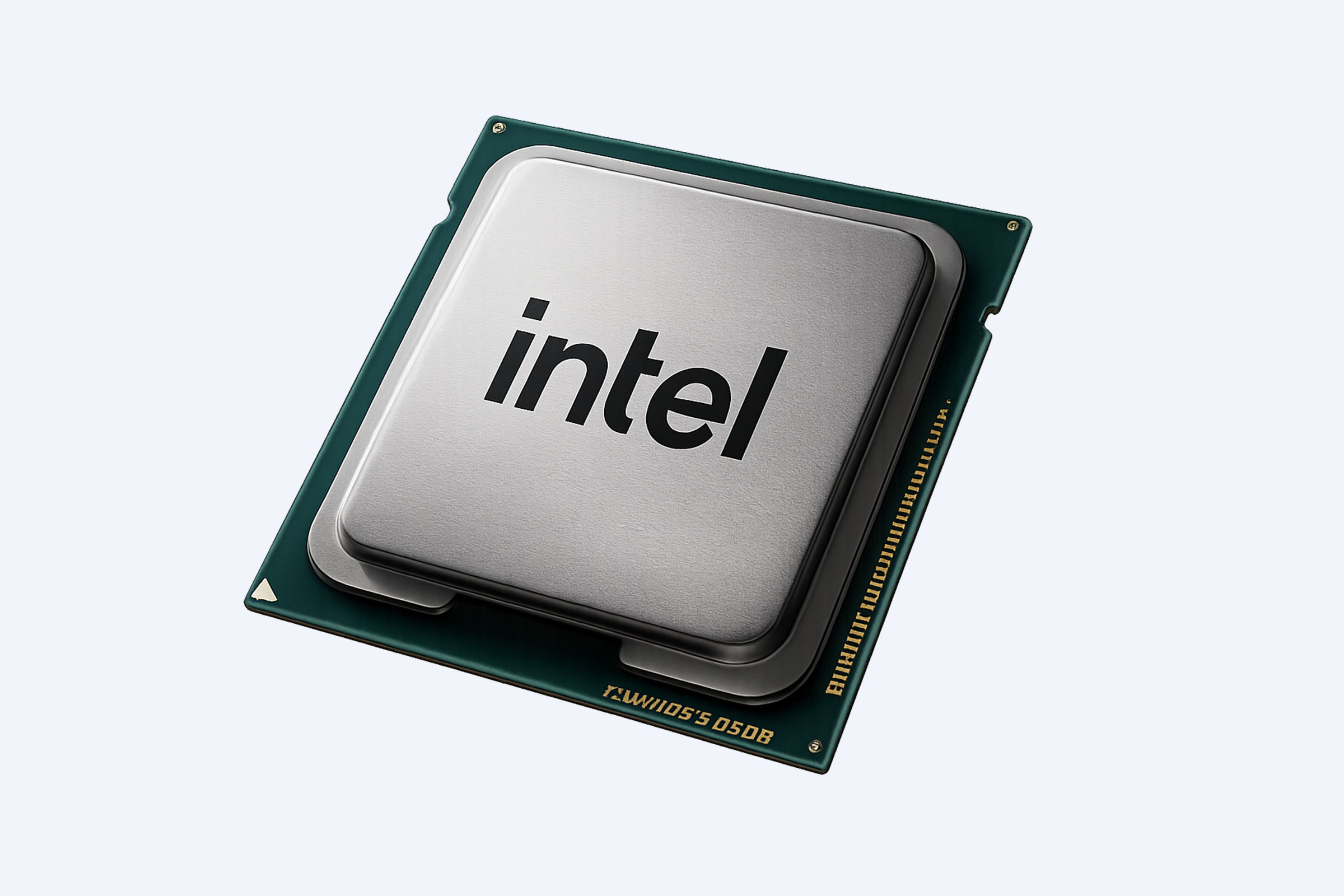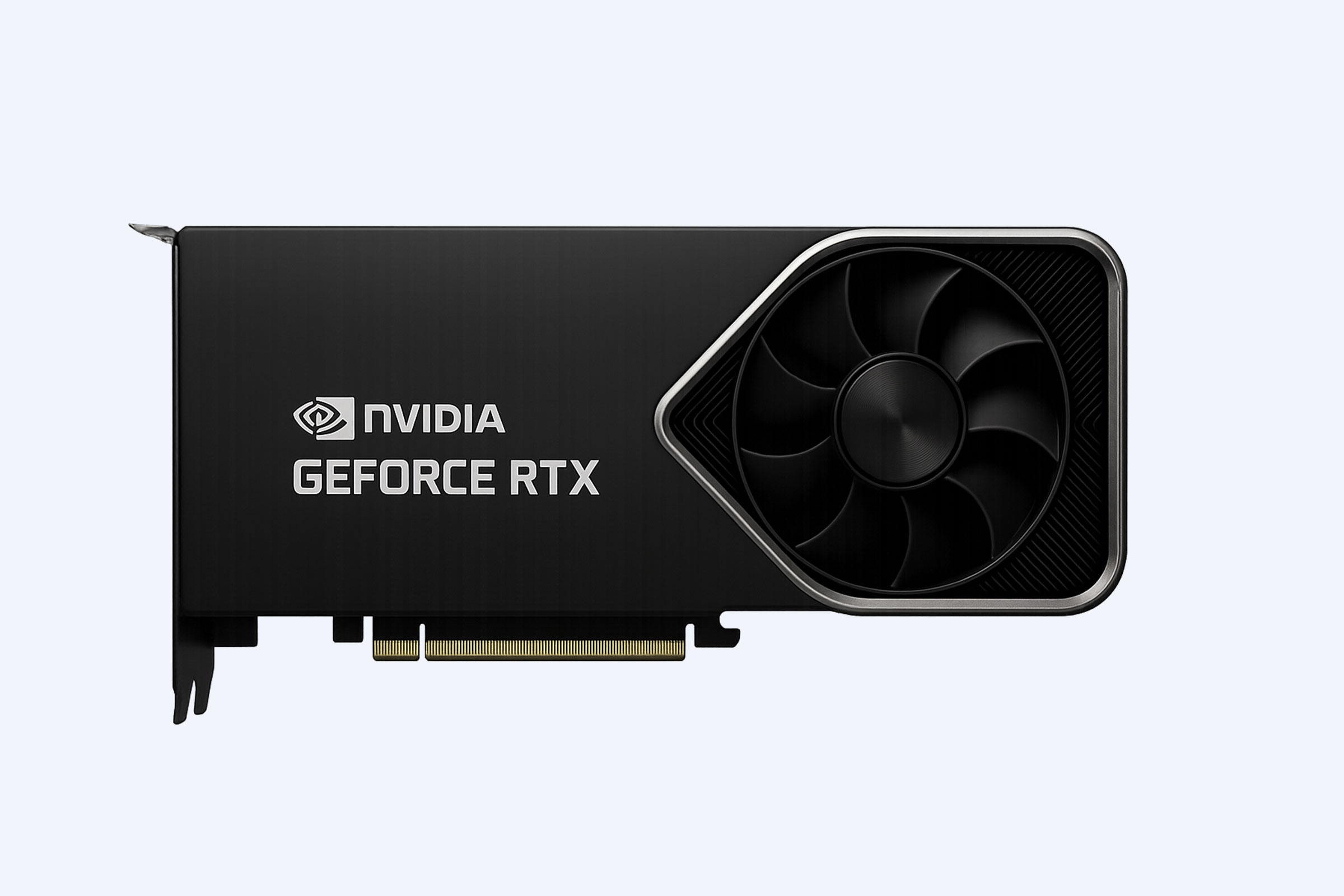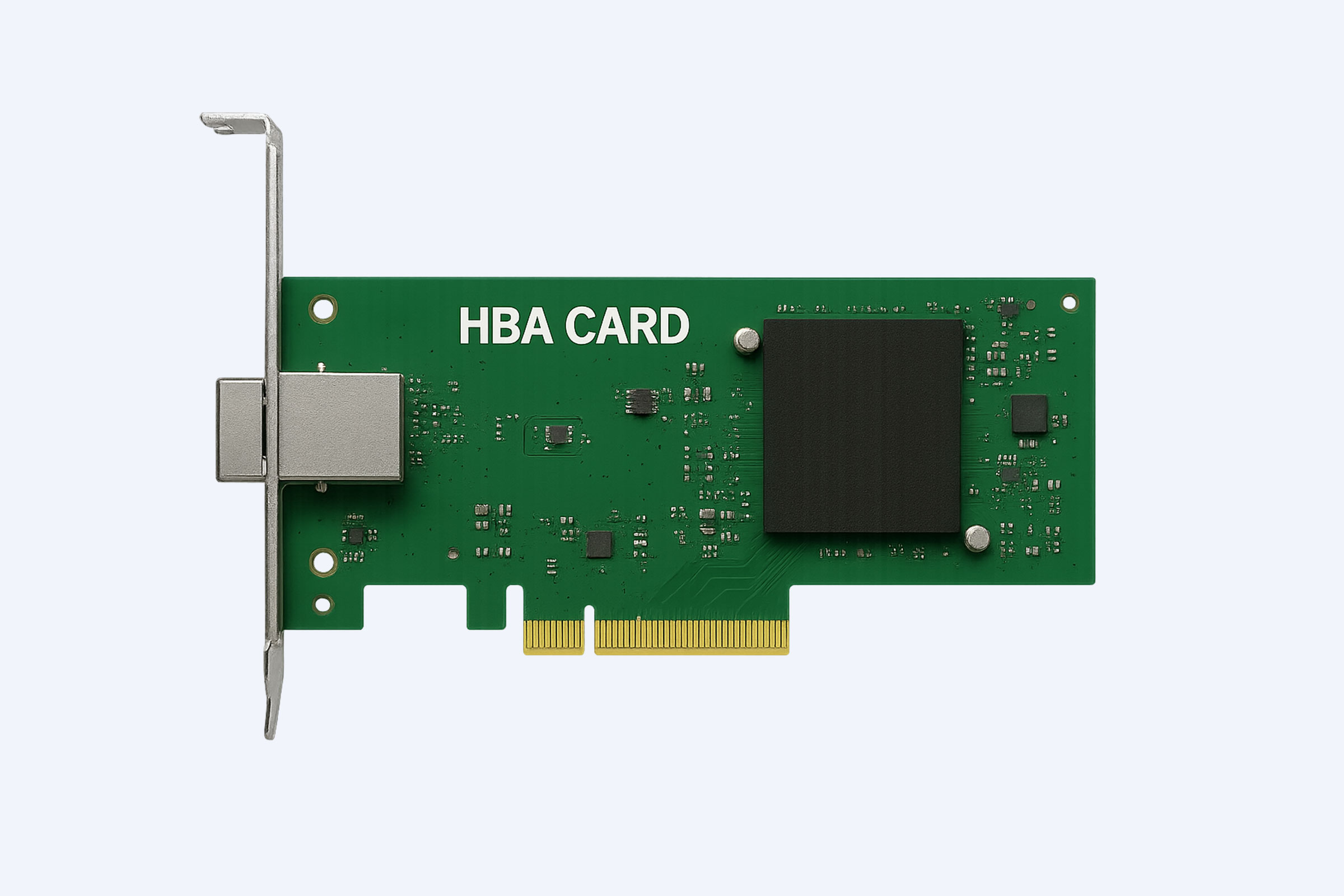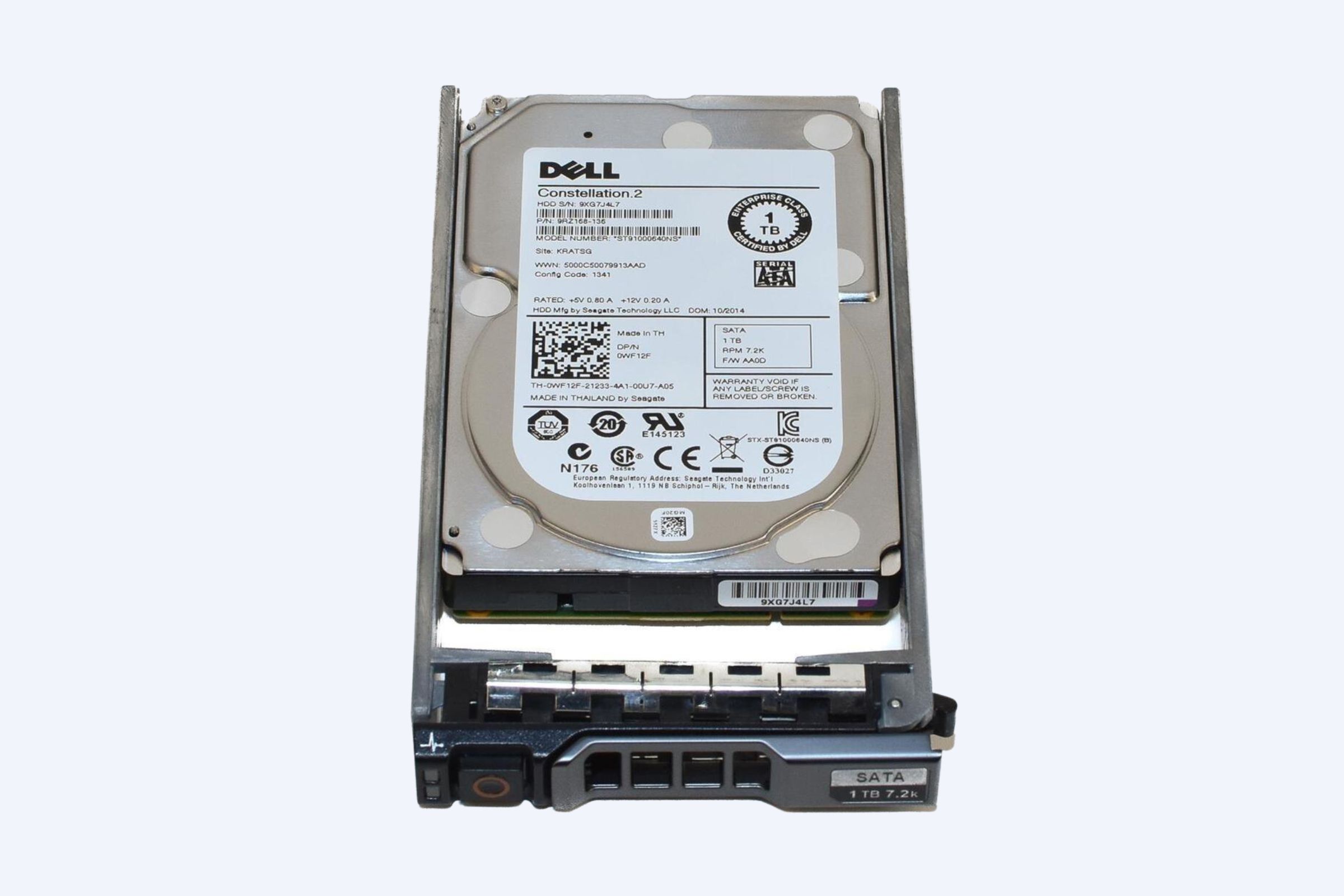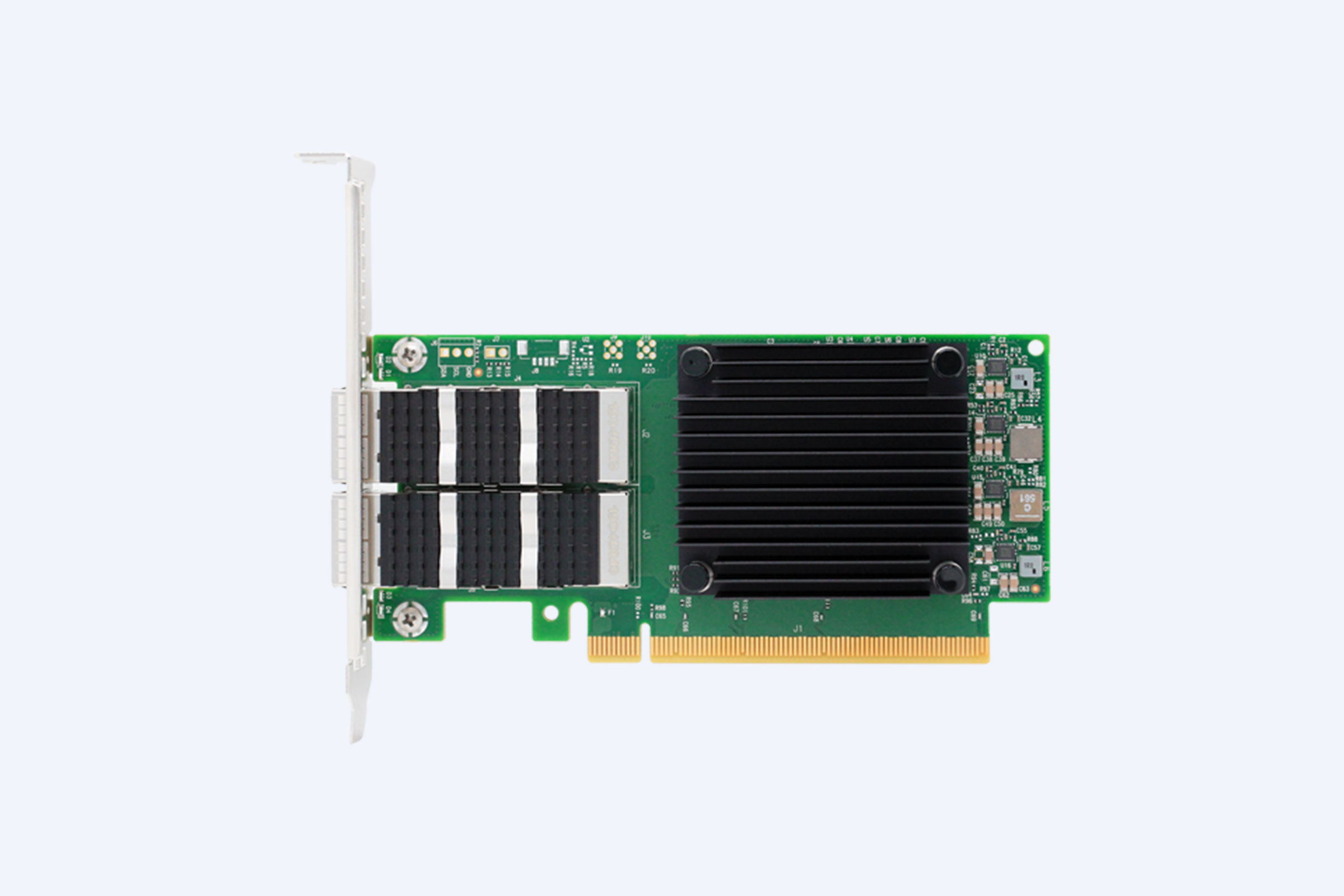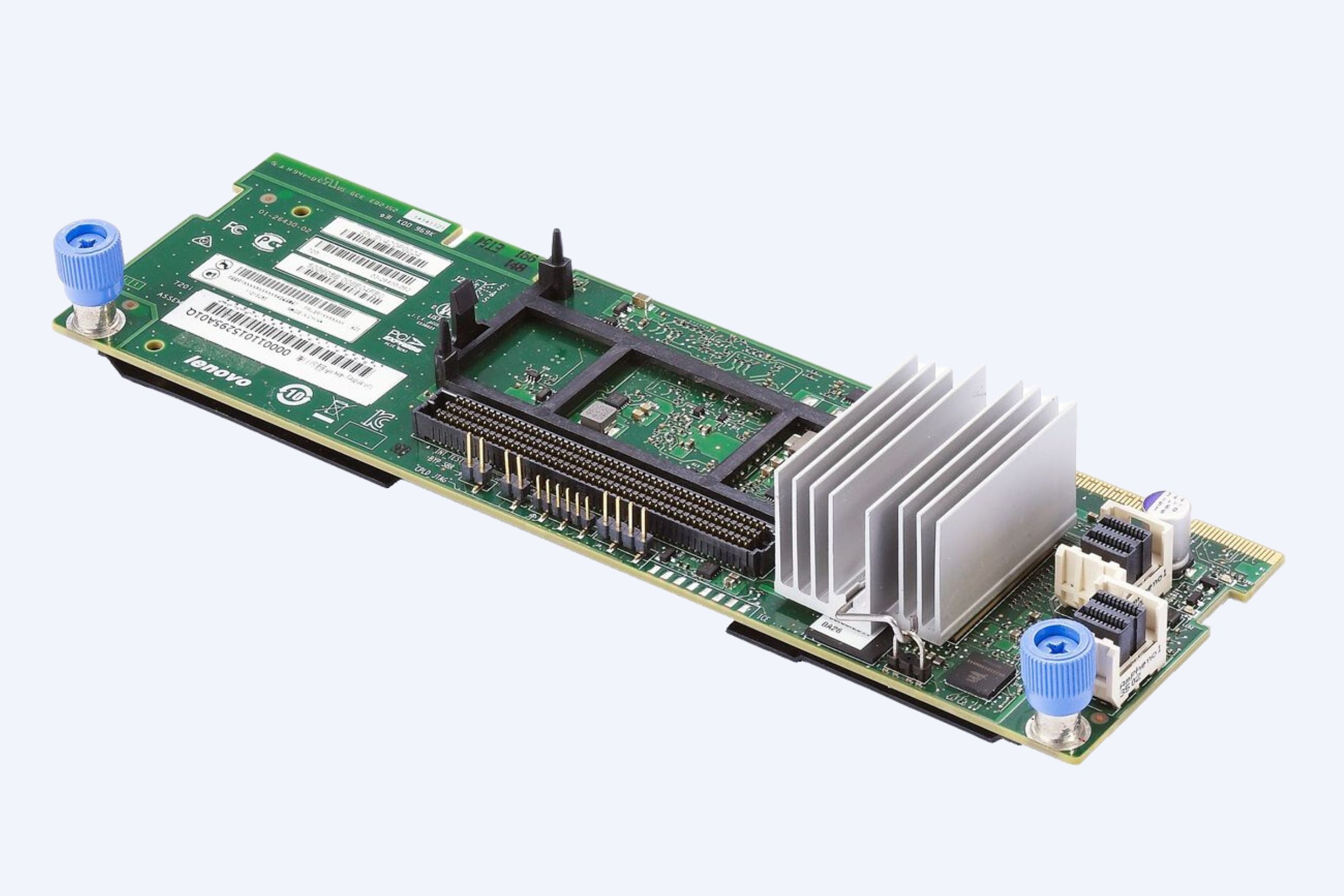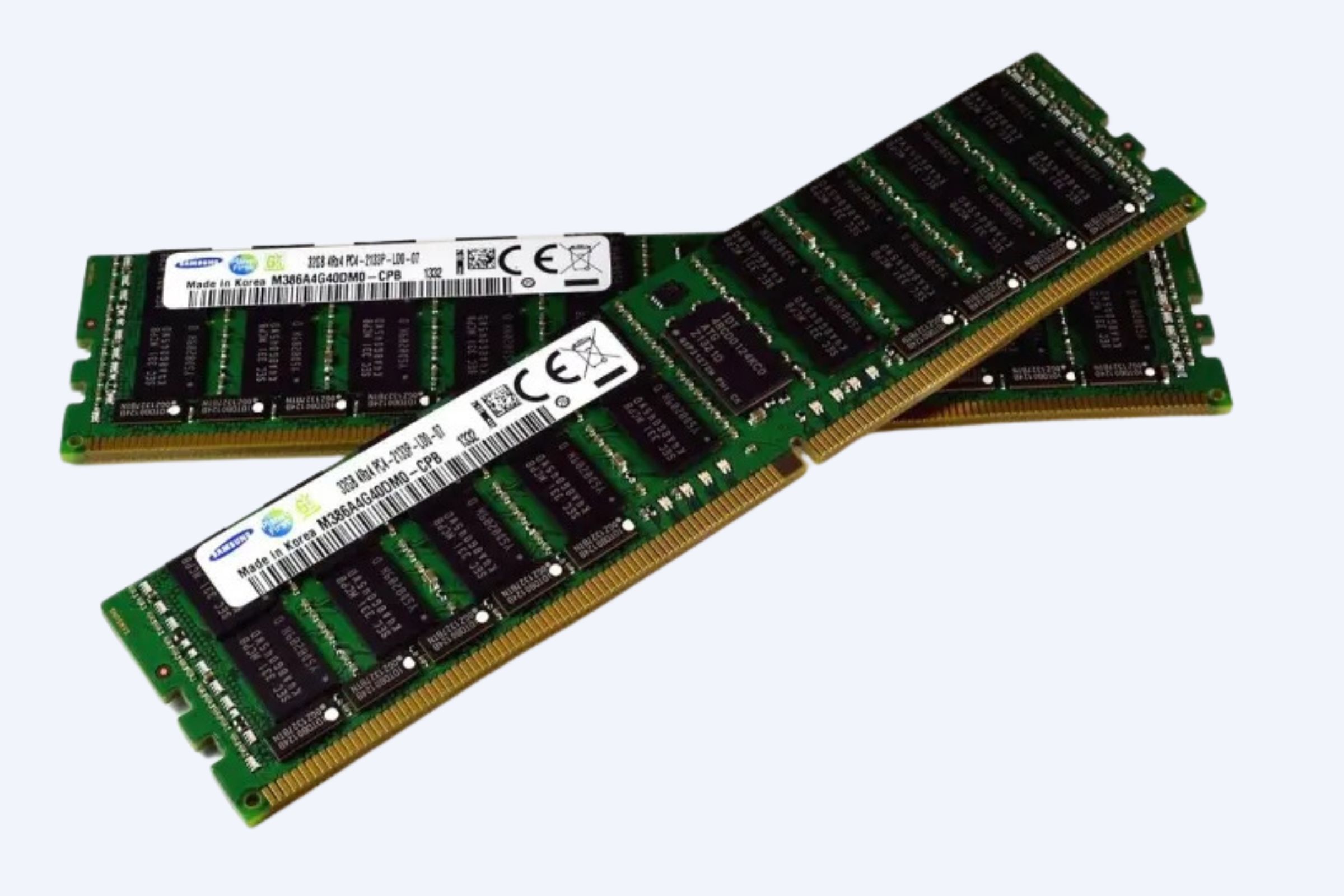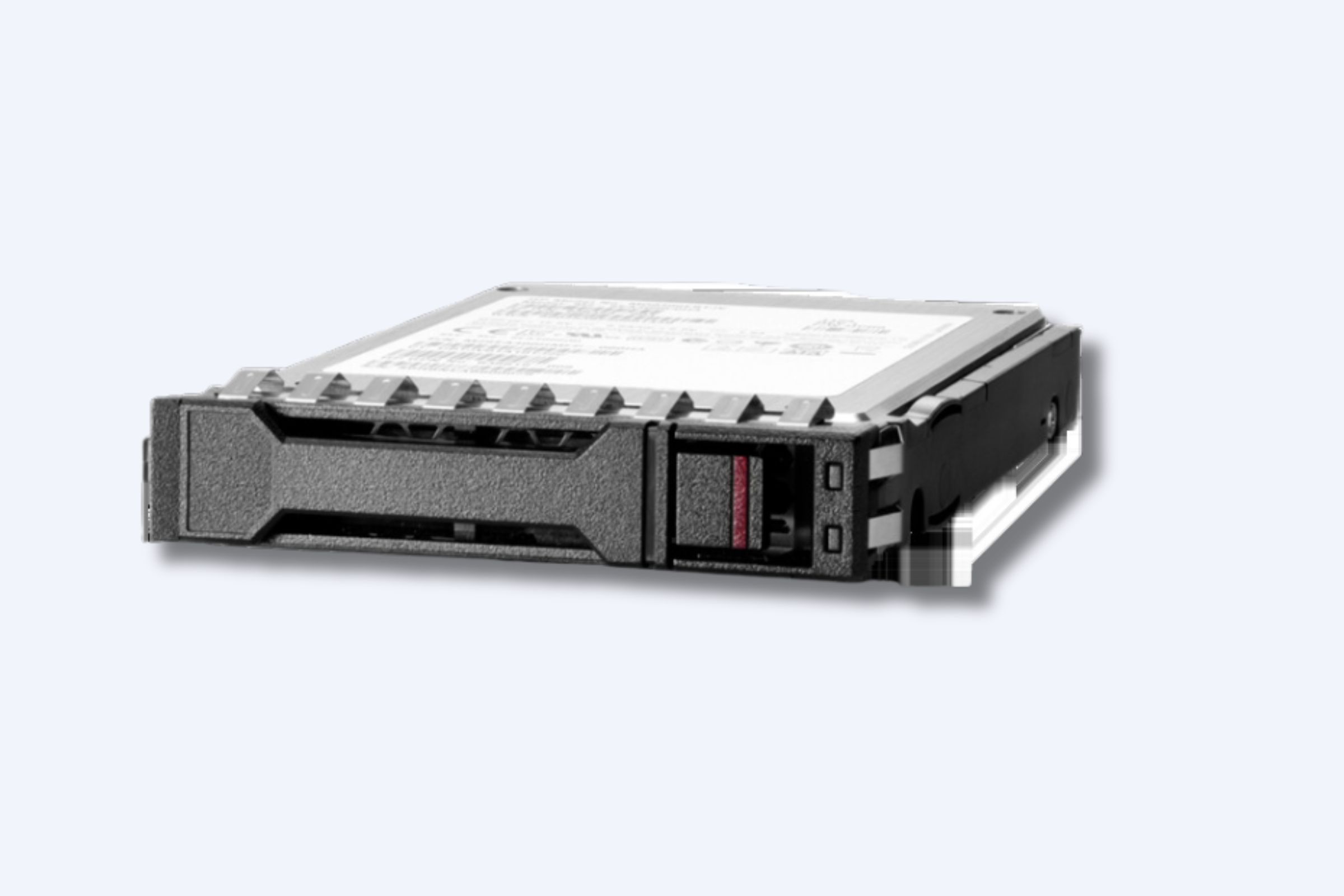The Dell PowerEdge MX750c is a powerful modular server designed to deliver high-performance computing for modern data centers. It supports up to two 3rd Gen Intel Xeon Scalable processors, offers up to 32 DDR4 DIMM slots, and features flexible storage and advanced management capabilities inside the MX7000 chassis.
What Are the Key Specifications of the Dell PowerEdge MX750c?
The MX750c is a single-width compute sled featuring dual 3rd Generation Intel Xeon Scalable processors with up to 40 cores per socket. It supports 32 DDR4 DIMM slots for RDIMM or LRDIMM modules, allowing up to 4TB and 8TB of memory capacity respectively. Storage options include 4 to 6 hot-plug 2.5-inch SAS, SATA, or NVMe drives. It also provides dual PCIe 4.0 x16 mezzanine slots for high-speed I/O expansion. The sled fits in the Dell PowerEdge MX7000 chassis, which supplies power, cooling, and management infrastructure.
The server leverages Intel C627A chipset and supports Intel Optane Persistent Memory 200 Series for expanded capacity. Management features include iDRAC9 and Dell OpenManage Enterprise Modular Edition, ensuring secure and efficient operations.
How Does the PowerEdge MX750c Deliver Performance and Scalability?
The MX750c utilizes advanced 3rd Gen Intel Xeon Scalable processors that provide up to 40 cores per socket and a max turbo frequency near 3.8 GHz. This enables strong multi-threaded performance for virtualization, analytics, and containerized workloads. DDR4 memory slots support speeds up to 3200 MT/s with RDIMM and LRDIMM options for balance between capacity and power.
PCIe 4.0 mezzanine slots double the bandwidth of PCIe 3.0, facilitating faster data throughput for network and storage adapters. The sled can scale with up to eight units in one MX7000 chassis, offering dense compute capacity for software-defined data centers. The architecture supports redundancy and flexible fabric configurations to optimize performance and uptime.
Which Storage and I/O Options Are Available on the MX750c?
Storage options include front-accessible hot-swap bays supporting SAS, SATA, and NVMe drives, enabling flexible configurations from 4 to 6 drives per sled. The MX750c also supports Boot Optimized Storage Subsystem (BOSS) or Internal Dual SD Module (IDSDM) for OS boot options.
For I/O expansion, two PCIe 4.0 x16 mezzanine slots connect to separate processors, providing high-speed network or storage controller options. Supported mezzanine cards include 25 Gb Ethernet, 32 Gb Fibre Channel, and SAS HBAs to meet diverse application needs.
This flexibility in storage and I/O allows organizations to tailor the MX750c to workloads ranging from high-speed database access to high-bandwidth networking.
Why Is Management and Security Important on the Dell MX750c?
The MX750c includes the integrated Dell Remote Access Controller 9 (iDRAC9) with Lifecycle Controller for comprehensive hardware management. Dell’s OpenManage Enterprise Modular Edition offers centralized management for server, storage, and networking components within the MX7000 ecosystem.
Security features include silicon root of trust, cryptographically signed firmware, TPM 2.0 support, secure boot, system lockdown, and system erase capabilities. These safeguards form a robust cybersecurity foundation to protect critical enterprise workloads.
Efficient management and security minimize downtime and operational risks, making the MX750c a reliable choice for mission-critical environments.
When Should Organizations Choose the Dell PowerEdge MX750c?
Organizations looking for a modular, flexible server solution that supports high core counts, large memory footprints, and fast I/O would benefit from the MX750c. It is ideal for data centers requiring virtualization, container orchestration, collaborative workloads, and software-defined infrastructure.
Its dense compute and storage integration within the MX7000 chassis enable efficient space utilization, power savings, and scalable growth. Enterprises needing workload-optimized compute with easy management and security integration find the MX750c a future-proof investment.
How Does the MX750c Compare to Previous Generations?
Compared to the MX740c model, the MX750c supports newer 3rd Gen Intel Xeon Scalable processors with up to 40 cores per socket, compared to up to 28 cores in the MX740c. The MX750c allows higher DIMM speeds (up to 3200 MT/s), doubles the PCIe version to 4.0, and offers more mezzanine slot flexibility.
The server supports larger memory capacities (up to 8TB LRDIMM) and improved storage controller options. These enhancements deliver notable gains in performance, memory bandwidth, and I/O throughput, ensuring readiness for next-generation workloads.
What Are the Cooling and Power Features of the MX750c?
The MX750c’s design integrates closely with the MX7000 chassis, which features hot-swap, redundant power supplies up to 3000W AC Platinum. Cooling includes multiple hot-swap fans optimized for system airflow, reducing noise and power consumption.
Power management technologies include Intel Node Manager and Dell OpenManage Power Center, offering granular control over power and thermal parameters. These features help maintain efficiency and prolong hardware lifespan in demanding data center environments.
Where Is the MX750c Best Deployed?
The MX750c is suited for large-scale enterprise data centers and cloud environments requiring dense modular compute resources. Its flexibility in performance, memory, and I/O makes it well-suited for virtualization, software-defined storage, high-throughput networking, and analytic workloads.
Industries such as finance, healthcare, telecommunications, and government that demand high availability and security will find it a dependable option.
Can the MX750c Integrate With Existing Data Center Infrastructure?
Yes, the MX750c integrates seamlessly into the existing PowerEdge MX7000 chassis ecosystem, which supports multiple compute sleds, storage shelves, and high-speed fabric modules. Its management tools support automations and RESTful API interfaces facilitating integration with third-party consoles and enterprise management solutions.
Networking options with 25 Gb Ethernet and Fibre Channel fabrics ensure compatibility with modern data center networks.
Wecent Expert Views
“The Dell PowerEdge MX750c represents a significant leap in modular server design, balancing raw compute power with scalability and flexibility. Its support for 3rd Gen Intel Xeon processors and PCIe 4.0 ensures that enterprises can tackle next-gen workloads effectively. Wecent views this server as a top choice for organizations aiming to optimize data center density without compromising performance or security. Our clients appreciate the balance of cutting-edge technology and robust management features that streamline IT operations. The MX750c paired with the MX7000 chassis offers a reliable and future-ready platform that supports both current and emerging workloads with ease.” — Wecent Technology Senior Solutions Architect
Summary
The Dell PowerEdge MX750c modular server offers a high-performance, scalable, and flexible solution optimized for modern data centers. Key features include dual 3rd Gen Intel Xeon processors with up to 40 cores, large and fast DDR4 memory support, multiple storage types, and PCIe 4.0 expansion. It integrates tightly with the MX7000 chassis, providing power, cooling, and advanced management.
Its robust security and management tools ensure reliable and secure operations across varied enterprise workloads. Wecent recommends the MX750c for organizations seeking dense, secure, future-proof infrastructure for virtualization, containerization, and software-defined environments.
FAQs
What processor options are available for the MX750c?
Up to two 3rd Generation Intel Xeon Scalable processors with up to 40 cores and support for Turbo speeds up to 3.8 GHz.
How much memory can the MX750c support?
Supports up to 32 DDR4 DIMM slots with a maximum of 4TB using RDIMM or 8TB using LRDIMM, plus Intel Optane Persistent Memory 200 Series.
Can the MX750c be managed remotely?
Yes, it features iDRAC9 and integrates with Dell OpenManage Enterprise Modular Edition for remote management and monitoring.
What kind of storage drives does the MX750c support?
It supports 4 to 6 hot-plug 2.5-inch SAS, SATA, or NVMe drives, plus optional BOSS M.2 or dual SD boot modules.
Is the MX750c suitable for virtualization workloads?
Yes, it is designed specifically to handle virtualization, containerization, collaborative, and software-defined workloads efficiently.
Wecent remains committed to supporting enterprises with certified, high-quality, and reliable server solutions like the Dell PowerEdge MX750c to drive tomorrow’s IT infrastructure success.



